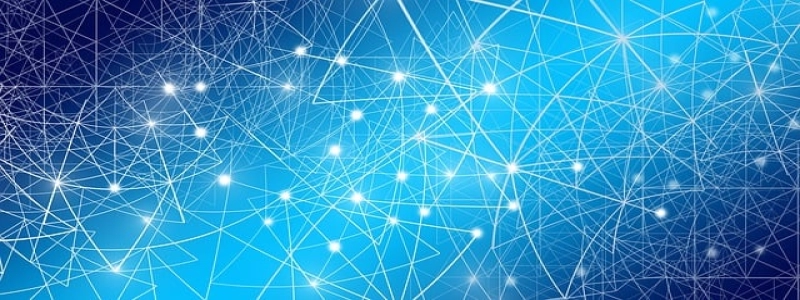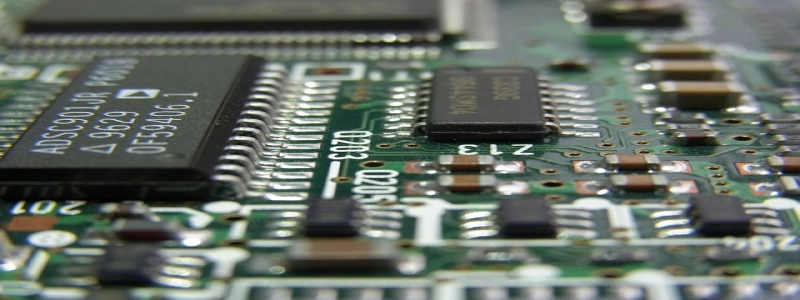Fiber Optic USB Cable
Introduction:
In today’s digital age, the need for fast and reliable data transfer has become more important than ever. It is in this context that fiber optic USB cables have emerged as a game-changer. With their ability to transmit data at incredible speeds, these cables have revolutionized how we connect and transfer information between devices. In this article, we will delve into the intricacies of fiber optic USB cables and explore their many advantages.
I. What is a Fiber Optic USB Cable?
A fiber optic USB cable is a specialized type of cable that utilizes optical fibers to transmit data. Unlike traditional USB cables, which rely on copper wires to transfer information, fiber optic cables use light signals to achieve data transmission. These cables are comprised of a core, which houses the optical fibers, and a protective sheath that ensures the cables remain intact and undamaged.
II. Advantages of Fiber Optic USB Cables:
1. High Speed and Bandwidth: One of the key advantages of fiber optic USB cables is their ability to provide extremely fast data transfer speeds. By harnessing light signals, these cables can transmit information at speeds of up to 10 Gbps or even higher. This rapid transmission rate makes fiber optic USB cables ideal for activities such as media streaming, gaming, and large file transfers.
2. Immunity to Electromagnetic Interference: Unlike copper-based cables, fiber optic USB cables are not susceptible to electromagnetic interference. This means that external factors such as nearby electrical wires or radio waves do not affect the quality of data transmission. As a result, fiber optic USB cables offer a highly reliable and stable connection, even in environments with high levels of electromagnetic noise.
3. Longer Transmission Distances: Another notable advantage of fiber optic USB cables is their ability to transmit data over longer distances without experiencing signal degradation. Copper cables have limitations in terms of the distance over which they can transmit data effectively, but fiber optic cables can cover much greater distances without loss of signal quality. This feature makes fiber optic USB cables especially useful in applications where devices need to be connected over long distances.
4. Lighter and Thinner Design: Fiber optic USB cables are much lighter and thinner than their copper counterparts. Their slim design makes them more flexible and easier to maneuver, allowing for greater versatility in various applications. Additionally, the lightweight nature of fiber optic cables eliminates the bulkiness associated with copper cables, making them more convenient to handle and transport.
Conclusion:
Fiber optic USB cables have transformed data transmission by offering high-speed connectivity, immunity to electromagnetic interference, longer transmission distances, and a lightweight design. As technology continues to advance, the demand for faster and more reliable data transfer will only increase. Fiber optic USB cables are poised to play a significant role in meeting this demand, making them an essential component of the digital age.








